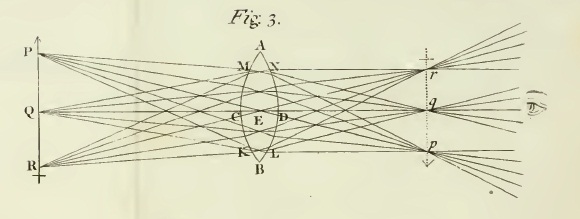
Researchers are harvesting a wealth of intimate detail from our cellphone data, uncovering the hidden patterns of our social lives, travels, risk of disease—even our political views.
By ROBERT LEE HOTZ
Photo-illustration by Adam Magyar
Apple and Google may be intensifying privacy concerns by tracking where and when people use their mobile phones—but the true future of consumer surveillance is taking shape inside the cellphones at a weather-stained apartment complex in Cambridge, Mass.
For almost two years, Alex Pentland at the Massachusetts Institute of Technology has tracked 60 families living in campus quarters via sensors and software on their smartphones—recording their movements, relationships, moods, health, calling habits and spending. In this wealth of intimate detail, he is finding patterns of human behavior that could reveal how millions of people interact at home, work and play.
Through these and other cellphone research projects, scientists are able to pinpoint "influencers," the people most likely to make others change their minds. The data can predict with uncanny accuracy where people are likely to be at any given time in the future. Cellphone companies are already using these techniques to predict—based on a customer's social circle of friends—which people are most likely to defect to other carriers.
The data can reveal subtle symptoms of mental illness, foretell movements in the Dow Jones Industrial Average, and chart the spread of political ideas as they move through a community much like a contagious virus, research shows. In Belgium, researchers say, cellphone data exposed a cultural split that is driving a historic political crisis there.
And back at MIT, scientists who tracked student cellphones during the latest presidential election were able to deduce that two people were talking about politics, even though the researchers didn't know the content of the conversation. By analyzing changes in movement and communication patterns, researchers could also detect flu symptoms before the students themselves realized they were getting sick.
"Phones can know," said Dr. Pentland, director of MIT's Human Dynamics Laboratory, who helped pioneer the research. "People can get this god's-eye view of human behavior."
So far, these studies only scratch the surface of human complexity. Researchers are already exploring ways that the information gleaned from mobile phones can improve public health, urban planning and marketing. At the same time, researchers believe their findings hint at basic rules of human interaction, and that poses new challenges to notions of privacy.
"We have always thought of individuals as being unpredictable," said Johan Bollen, an expert in complex networks at Indiana University. "These regularities [in behavior] allow systems to learn much more about us as individuals than we would care for."
Today, almost three-quarters of the world's people carry a wireless phone. That activity generates immense commercial databases that reveal the ways we arrange ourselves into networks of power, money, love and trust. The patterns allow researchers to see past our individual differences to forms of behavior that shape us in common.
As a tool for field research, the cellphone is unique. Unlike a conventional land-line telephone, a mobile phone usually is used by only one person, and it stays with that person everywhere, throughout the day. Phone companies routinely track a handset's location (in part to connect it to the nearest cellphone tower) along with the timing and duration of phone calls and the user's billing address.
Typically, the handset logs calling data, messaging activity, search requests and online activities. Many smartphones also come equipped with sensors to record movements, sense its proximity to other people with phones, detect light levels, and take pictures or video. It usually also has a compass, a gyroscope and an accelerometer to sense rotation and direction.
Advances in statistics, psychology and the science of social networks are giving researchers the tools to find patterns of human dynamics too subtle to detect by other means. At Northeastern University in Boston, network physicists discovered just how predictable people could be by studying the travel routines of 100,000 European mobile-phone users.
To read the entire article and play related videos: http://online.wsj.com/article/SB10001424052748704547604576263261679848814.html?mod=WSJEUROPE_hpp_MIDDLESecondNews

No hay comentarios:
Publicar un comentario